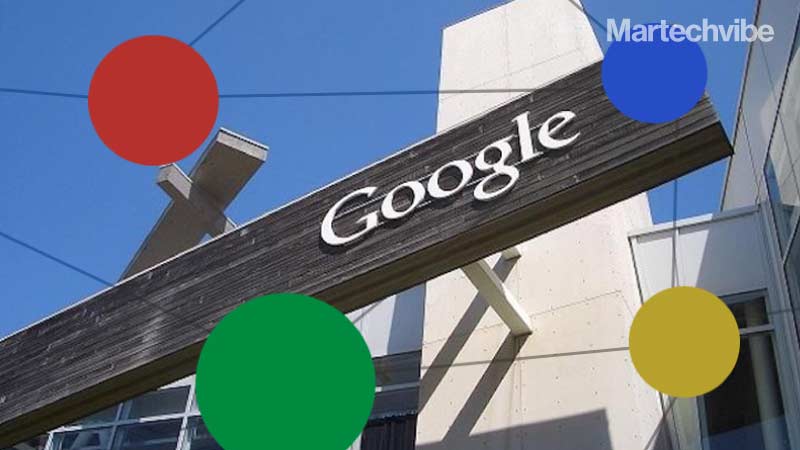Google Delays Death Of Third-Party Cookies Until 2024
Google has once again announced that it will delay ending third-party cookies in advertising, pushing back the deadline to 2024. The tech giant explained its decision in a blog post, saying it received feedback that the industry has asked for a longer time to test Google’s new Privacy Sandbox technologies. “By Q3 2023, we expect […]
Topics

Google has once again announced that it will delay ending third-party cookies in advertising, pushing back the deadline to 2024.
The tech giant explained its decision in a blog post, saying it received feedback that the industry has asked for a longer time to test Google’s new Privacy Sandbox technologies.
“By Q3 2023, we expect the Privacy Sandbox APIs to be launched and generally available in Chrome. As developers adopt these APIs, we now intend to begin phasing out third-party cookies in Chrome in the second half of 2024,” said Anthony Chavez, the vice-president of Privacy Sandbox.
Demand-side platform The Trade Desk pointed out that it has always highlighted that Google’s timetable for cookie deprecation is likely to slide because Google understands the value exchange of the internet and cannot afford to disrupt that without a viable alternative in place.
“Brands and advertisers should continue their momentum on their first-party data strategy. Secondly, today, advertisers are under pressure to prove the ROI of every advertising dollar,” said Mitch Waters, senior vice president for Southeast Asia, India, Australia and New Zealand at The Trade Desk.
“As an industry, we are developing new approaches to identity that help advertisers manage reach, frequency, data and privacy across all advertising channels—in ways that will represent a significant upgrade for the internet. This delay will give stakeholders across the industry more time to scale privacy-conscious approaches to addressability that provide long-lasting benefits.
Joshua Wilson, commercial director for Japan and Asia Pacific at Crimtan, noted that as over the past few years Google has gone from FloC to Topics to Privacy Sandbox, it is no surprise that the industry “is not prepared”.
He said the details around this have been somewhat opaque and the change in direction has had a ripple effect on the industry.
For example, when Apple removed third party cookies, the impact on brands, especially for those where the majority of their audience were on Safari, was significant. Since then, the industry has evolved and there is less reliance on third party cookies now.
“Nevertheless, brands need to be ready now, and not delay their efforts in building more robust solutions to dealing in a world without cookies. With or without Google’s third-party cookies, the goal of marketing should still be growing customer lifetime value and we are able to do this now.”
It has become more difficult for Google to monetise its advertising business while claiming to be privacy-friendly under scrutiny from anti-competition watchdogs.
Chris Brinkworth, the managing partner at Civic Data, said Meta’s recent results meant if Google was ever ordered to sell its advertising business, then the value of that business needs to remains as high as possible.
If Google turns off the “data firehouse” without a way to make the books look good, it will not, according to Brinkworth.
“Spend will continue and the revenue keeps steady for Google’s ads business. That is more damaging than one would think. At an over-arching level, marketers will read this news and feel that they have a stay-of-execution not realising that they already have a massive hole in their activity from other browsers, which is even worse if 99 per cent of your target market are Apple users,” he said.
“With economies dipping the way they are, that is not a good thing to have inaccurate reporting. That further implies an impact on other parts of the ecosystem as well. Just think of all of the tech businesses, publishers, their investors and agencies etc. who have been focused on these deadlines but once again have been side-swiped by this. Some of those may not be able to survive until the next deadline.”









































































































